Despite Colorado’s stance as a bulwark against federal overreach, state and local officials have repeatedly undermined protections meant to shield residents from authoritarian abuses—often by cooperating with federal immigration enforcement.
A glaring example involves the Colorado Department of Labor and Employment (CDLE), which in April received a subpoena from Immigration and Customs Enforcement (ICE) demanding personal information about sponsors of immigrant children. State law prohibits disclosing such information to federal immigration officers except in cases involving a court-issued subpoena or a legitimate criminal investigation. Yet Gov. Jared Polis claimed to interpret the subpoena as part of a criminal probe and ordered the information to be released, contrary to available evidence.
This decision prompted a lawsuit from former state employee Scott Moss. During court proceedings, it was revealed that CDLE had already complied with a similar subpoena in March. Recent reports suggest the department has received at least four subpoenas related to immigration enforcement, but has only disclosed information about the one tied to the Moss lawsuit. The state’s silence on the others raises serious transparency concerns, especially given Polis’ apparent willingness to side with ICE.
The cooperation might be excusable in normal times, but critics argue that the Trump administration and ICE operate outside legal norms—disregarding court orders, bypassing due process, and forcibly detaining individuals without accountability. As such, critics say any cooperation with ICE, especially if it violates state law, is indefensible.
Polis isn’t the only official facing scrutiny. The Loveland Police Department allowed the Bureau of Alcohol, Tobacco, Firearms and Explosives (ATF) to access city surveillance data. A 9News investigation revealed that an ATF agent had searched the city’s Flock Safety camera system on behalf of ICE, potentially exposing a loophole—or a violation—of Colorado’s restrictions on information-sharing with immigration authorities.
Another alarming case occurred in Mesa County. A sheriff’s deputy pulled over Caroline Dias Goncalves, a Brazilian-born college student, and questioned her about her background. Though she was released with a warning, ICE detained her shortly afterward. The deputy had reportedly shared her information with federal agents through a Signal chat, an act the sheriff’s office admitted contradicted state law.
Such incidents highlight how local actions can feed into a broader climate of fear and erode public trust. Advocates argue that, instead of enabling federal crackdowns, state officials should uphold both the law and ethical principles by protecting vulnerable communities from government overreach.

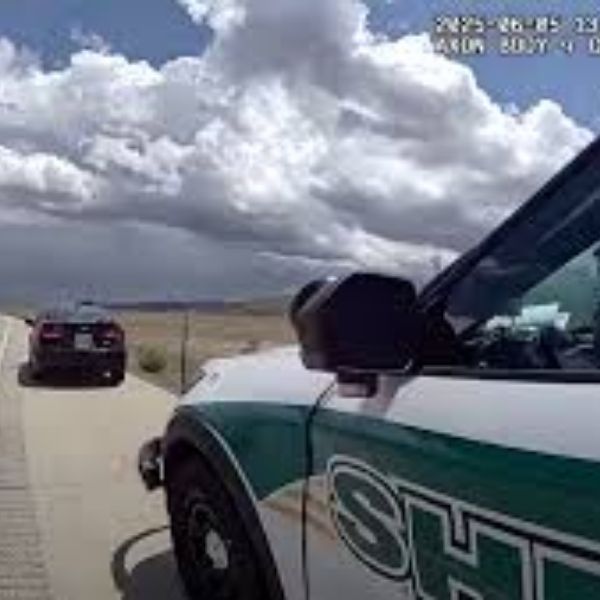

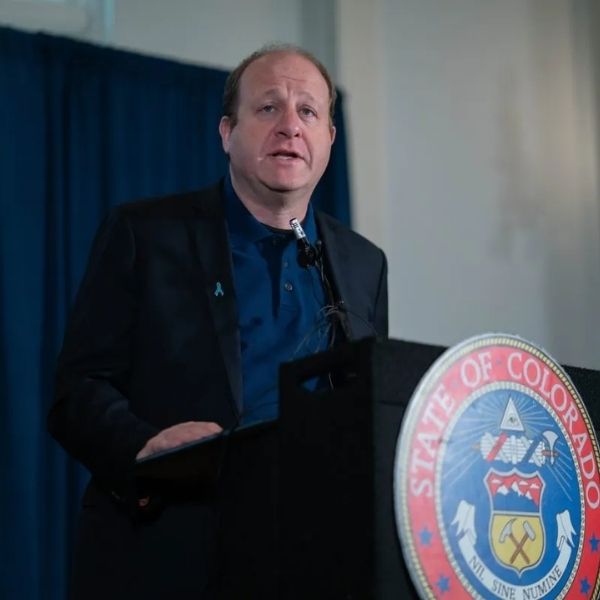

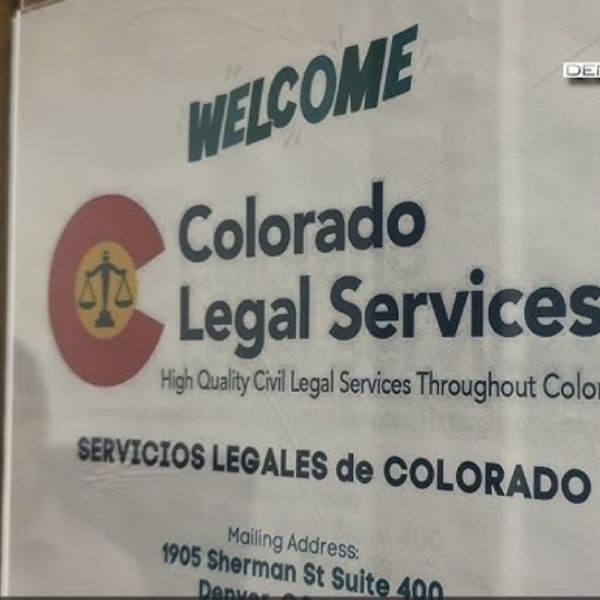


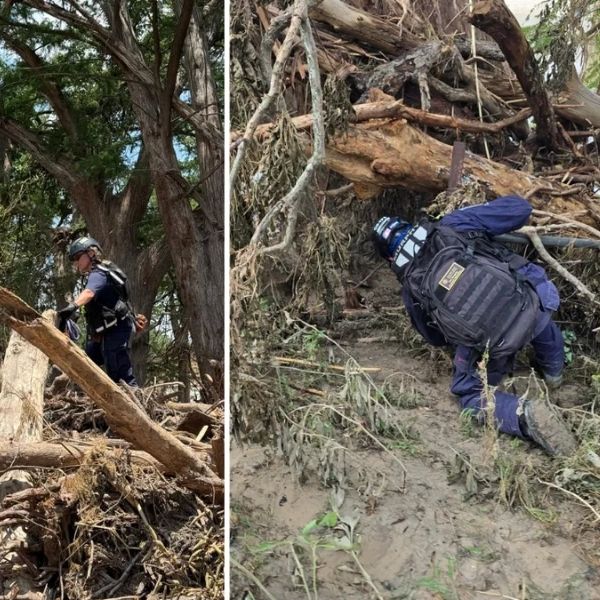

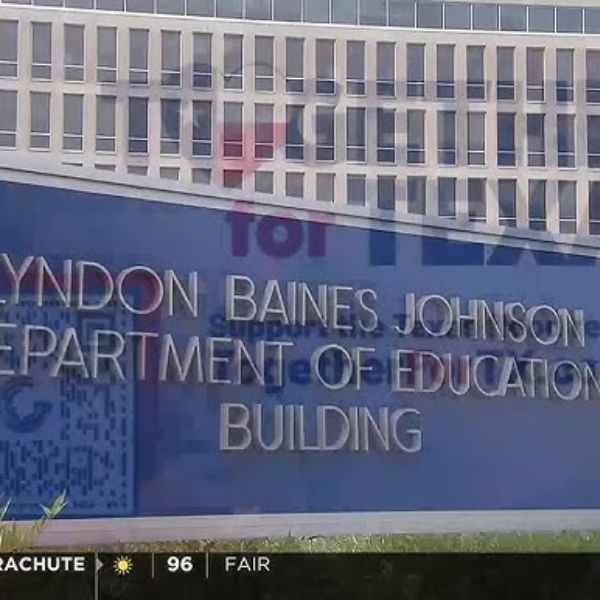
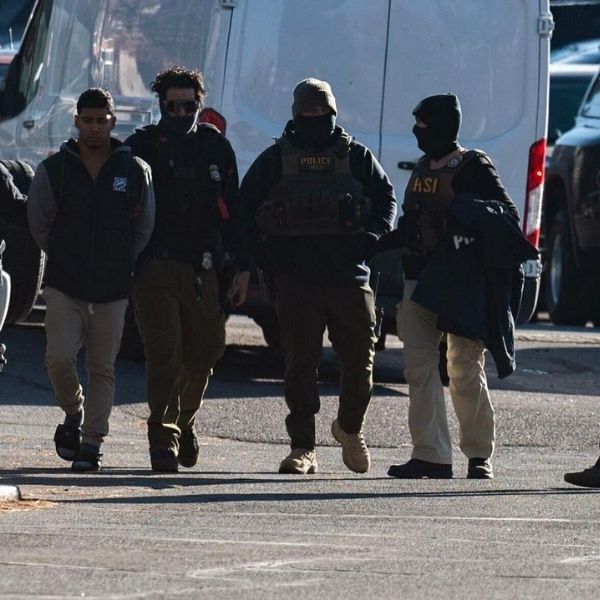




Leave a Reply